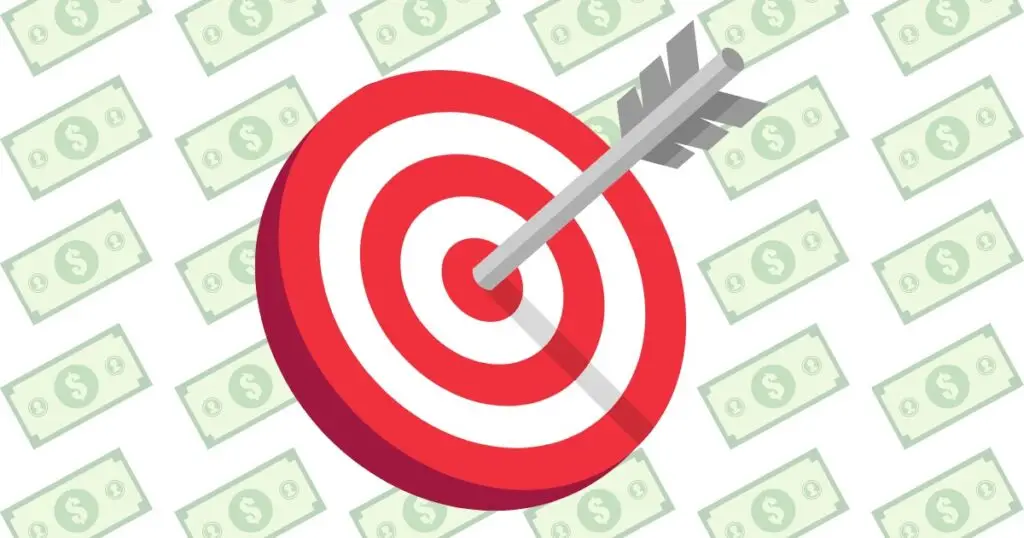
Setting short-term financial goals is a powerful way to take control of your finances and set the stage for long-term financial success. Unlike long-term goals, which may take years or even decades to achieve, short-term financial goals are more immediate and typically focus on the next few months to a year. These goals can provide quick wins, boost your confidence, and help you build positive financial habits that will benefit you throughout your life. In this article, we’ll explore the top 10 benefits of setting short-term financial goals and how they can lead to a brighter financial future.
What Are Short-Term Financial Goals?
Short-term financial goals are objectives that you aim to achieve within a relatively short period, usually within a year or less. These goals might include saving for a vacation, paying off a small debt, building an emergency fund, or even sticking to a monthly budget. Because they are more immediate, short-term financial goals can be more motivating and easier to manage, providing you with the satisfaction of seeing quick results.
Benefit 1: Immediate Motivation
One of the greatest benefits of setting short-term financial goals is the immediate motivation they provide. Knowing that you can achieve your goal in a short period keeps you focused and energized. This motivation can be especially helpful if you’re new to managing your finances or if you’ve struggled with long-term financial goals in the past.
- Example: Setting a goal to save $500 in three months for a weekend getaway can keep you motivated to cut back on unnecessary expenses and stick to your savings plan.
Benefit 2: Building Financial Discipline
Short-term financial goals help you develop the discipline needed to manage your money effectively. By focusing on these smaller goals, you can practice budgeting, saving, and controlling your spending. These skills will serve as the foundation for achieving more significant financial goals in the future.
- Example: Committing to paying off a $200 credit card balance within two months requires you to budget carefully and prioritize your spending, helping you build financial discipline.
Benefit 3: Quick Wins
Achieving short-term financial goals provides you with quick wins, which can boost your confidence and encourage you to set and achieve more ambitious goals. These small victories reinforce the idea that you can take control of your finances and make positive changes.
- Example: Successfully saving $100 each month for three months can give you the confidence to tackle a more challenging goal, such as saving for a new car.
Benefit 4: Flexibility and Adaptability
Short-term financial goals offer greater flexibility than long-term goals. If your financial situation changes, you can easily adjust your goals to reflect your new circumstances. This adaptability allows you to stay on track even when faced with unexpected expenses or changes in income.
- Example: If you set a goal to save $200 a month but face an unexpected car repair, you can temporarily adjust your savings goal to accommodate the expense.
Benefit 5: Improved Financial Awareness
Working toward short-term financial goals helps you become more aware of your financial habits and the impact they have on your overall financial health. By tracking your progress, you’ll gain a better understanding of where your money is going and how you can make improvements.
- Example: Tracking your expenses to save $300 for holiday shopping can reveal areas where you’re overspending, allowing you to make adjustments and improve your financial habits.
Benefit 6: Reduced Financial Stress
Setting and achieving short-term financial goals can reduce financial stress by providing a clear plan of action. When you have a goal in mind, you’re less likely to feel overwhelmed by your finances because you know exactly what steps to take to achieve it.
- Example: Setting a goal to build a $1,000 emergency fund within six months can reduce the stress of unexpected expenses by providing a financial safety net.
Benefit 7: Enhanced Financial Security
By focusing on short-term financial goals like building an emergency fund or paying off a small debt, you can enhance your financial security. These goals help you prepare for unexpected expenses and reduce your reliance on credit, making you more financially resilient.
- Example: Paying off a high-interest credit card debt within six months can free up more of your income for savings and other important financial goals.
Benefit 8: Better Financial Planning
Short-term financial goals are an essential part of a comprehensive financial plan. They provide the building blocks for achieving larger, long-term goals by helping you establish good financial habits and create a strong financial foundation.
- Example: Successfully sticking to a monthly budget as a short-term goal can help you plan for larger goals like buying a home or saving for retirement.
Benefit 9: Encouragement to Save
Setting short-term financial goals encourages you to save regularly. Whether you’re saving for a specific purchase or just trying to build your savings, having a short-term goal gives you a reason to put money aside and watch your savings grow.
- Example: Setting a goal to save $50 a month for a new smartphone encourages you to prioritize saving and avoid impulse purchases.
Benefit 10: Increased Financial Confidence
Achieving short-term financial goals can increase your financial confidence by proving that you have the ability to set goals, create a plan, and follow through. This confidence can inspire you to tackle more challenging financial goals and take greater control of your financial future.
- Example: Successfully saving for a vacation over six months can give you the confidence to start saving for a down payment on a car or home.
Conclusion
Setting short-term financial goals offers numerous benefits that can improve your financial health and set you on the path to long-term success. By focusing on achievable goals, you can build financial discipline, reduce stress, and gain confidence in your ability to manage your money. Whether you’re saving for a specific purchase, paying off debt, or building an emergency fund, the benefits of short-term financial goals are clear. Start setting your goals today and experience the positive impact they can have on your life.
Frequently Asked Questions
1. What are short-term financial goals?
Short-term financial goals are objectives that you aim to achieve within a year or less, such as saving for a vacation, paying off a small debt, or building an emergency fund.
2. How do short-term financial goals differ from long-term goals?
Short-term financial goals are more immediate and typically focus on the next few months to a year, while long-term goals may take years or even decades to achieve, such as saving for retirement or buying a home.
3. Why are short-term financial goals important?
Short-term financial goals provide immediate motivation, quick wins, and help build financial discipline. They also offer flexibility and help reduce financial stress.
4. How can I start setting short-term financial goals?
Begin by identifying specific, measurable goals that you want to achieve within the next year. Create a plan for how you’ll reach these goals, and track your progress regularly.
5. Can short-term financial goals help me achieve long-term success?
Yes, achieving short-term financial goals helps build the habits and confidence needed for long-term financial success. They serve as the building blocks for larger, more ambitious goals.
Thank you for reading! We hope this guide helps you understand the benefits of short-term financial goals and inspires you to start setting your own. Be sure to check out our other articles for more tips on financial education and money management.


